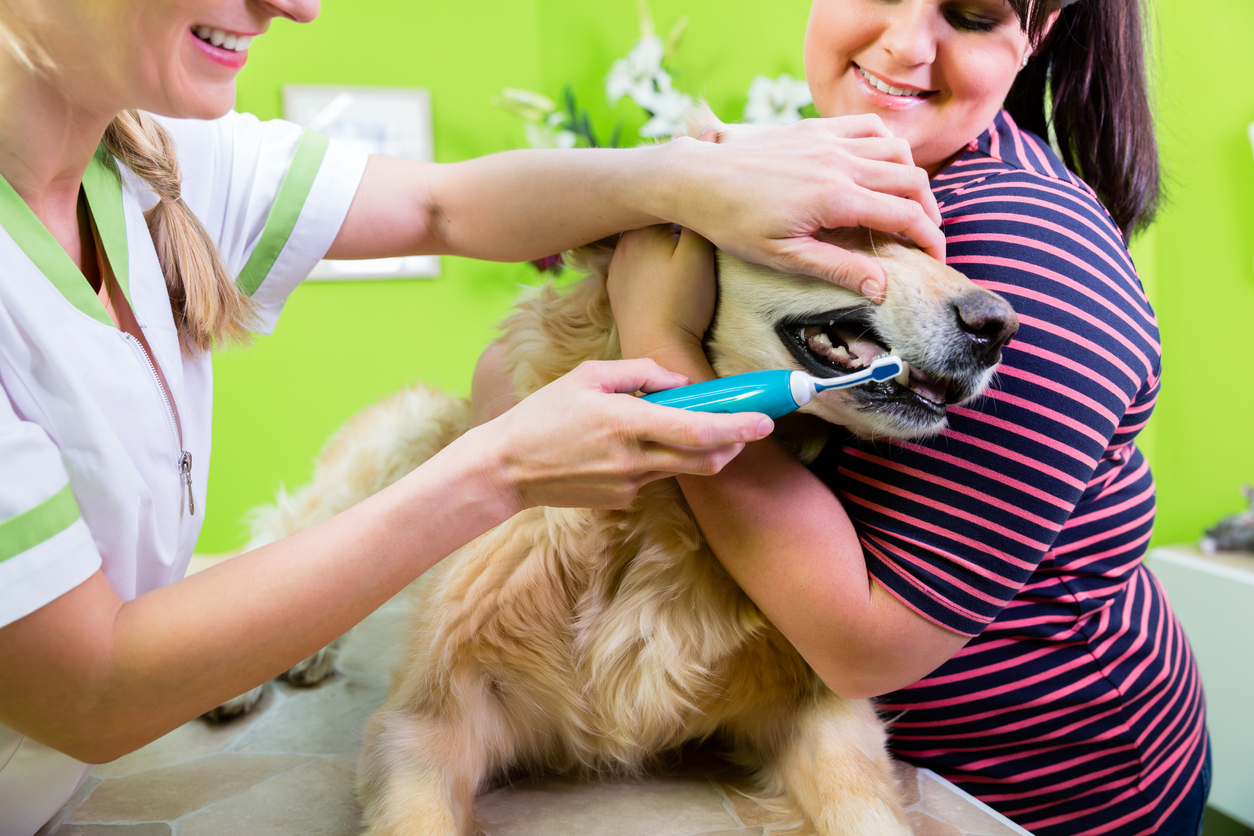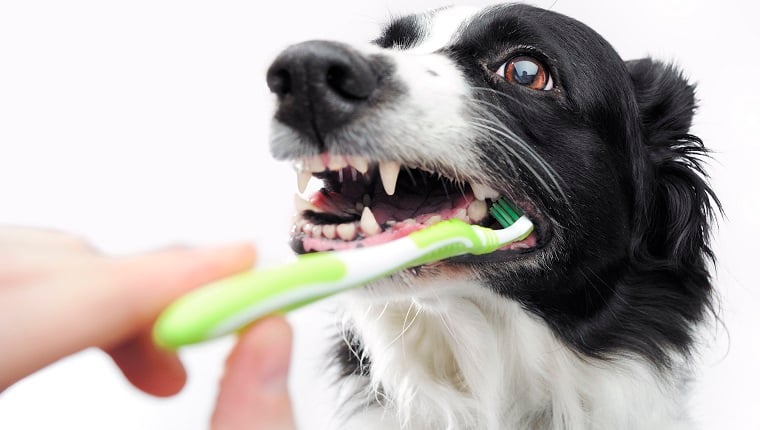
When to Stop Feeding Your Dog Puppy Food
Pet Parent Question: My dog bites when frightened! What am I going to do?
What Vegetables Can Dogs Eat?
It may be difficult to get your child to eat vegetables, but your four-legged family member may gobble up a plate of vegetables without any problems. Fortunately, many vegetables are not only safe for dogs, but they are actually good for their health – just like they are for humans.
Are Vegetables Safe for Dogs?
The short answer is, yes, most vegetables are safe for dogs. However, pet owners should always control portion sizes and avoid preparing vegetables with garlic or butter. While most dogs get all the nutrients they need from their diet, the inclusion of certain vegetables can provide them with important health benefits. Even better, since vegetables are low-fat and low-calorie, they can be a great alternative to dog treats because they don’t put Rover at risk for obesity or other weight-related health problems.

However, there are some exceptions to the rule, as certain vegetables should not be offered to your four-legged friend. One example is asparagus, and while it’s technically not toxic to dogs, they’re hard to eat raw – and when asparagus is cooked to the right amount of softness, it loses its nutrients that are beneficial to your puppy.
Is Eating Vegetables Good for Dogs?
Vegetables are rich in vitamins and minerals, as well as protein, fiber, and other nutrients that can help improve everything from your dog’s vision to bone density. Consuming vegetables such as broccoli, green beans, or carrots is known to bring health benefits to our pets, including better wound healing, a healthier heart, and even the ability to prevent certain diseases, including cancer. Vegetables such as celery or carrots are not only fun for your dog to chew, but they are also good for your dog’s teeth and breathing.
Vegetables like carrots, peas, or green beans can be given to your dog raw or cooked, but because their digestive system is less efficient at extracting nutrients from high-fiber vegetables, they will be easier to digest (and less likely to cause stomach upset) if cooked. The most important thing to remember when preparing vegetables for your puppy is that they should not be cooked with any spices, oils, or other seasonings or additives such as butter, as they can be harmful to your dog and may cause weight gain and other health problems. Garlic is a particularly dangerous vegetable seasoning because it has been shown to be toxic to dogs.
The Dangers of Vegetables to Dogs
As with all “human” food, vegetables should only be provided in moderation (with the consent of a veterinarian). Some types of vegetables have their own unique dangers. Broccoli, for example, is dangerous because cauliflower contains isothiocyanates, which can cause mild to severe stomach irritation in some dogs. Isothiocyanate is a naturally occurring sulfur-based plant compound found in several other dark green vegetable varieties, including broccoli, kale, and cabbage. Therefore, for dogs, eating too much broccoli, kale, or cabbage can actually be fatal.
Another example is spinach, which is high in oxalic acid, which can hinder your dog’s ability to absorb calcium and even cause kidney damage. Your dog must eat a lot of spinach to be at risk, but despite this, veterinarians warn against offering this particular leafy vegetable.

What’s more, there are some vegetables that are considered highly toxic to our pets and should never be offered, such as mushrooms. Wild mushrooms are particularly toxic, and while the washed white mushrooms you find at the grocery store may be fine, experts say it’s best to err on the side of caution when it comes to all mushrooms.
Onions, leeks, and chives are also vegetables that have been proven to be toxic to most pets. Onions can actually cause red blood cells in dogs to rupture and cause other gastrointestinal issues such as vomiting, stomach pain, diarrhea, and nausea.
Another danger to consider is that certain vegetables may pose a choking hazard, such as the tough stems of broccoli or the round, hard shape of Brussels sprouts (especially for smaller varieties). When providing your dog with any vegetables, make sure they are cooked (preferably cut into bite-sized pieces) and free of any stems, leaves, or other potential obstacles.
As long as you stick to veterinarian-approved vegetable breeds, such as carrots and green beans, keep in mind that every dog is unique, so something that stimulates some dogs is perfectly acceptable for others. Therefore, be sure to consult with your veterinarian before supplementing your dog’s diet with vegetables, and monitor your pet closely after providing a small amount of vegetables to ensure that their digestive system can tolerate it.
If your pet experiences any symptoms (including diarrhea or vomiting) after eating vegetables, alert your veterinarian and keep in mind that certain breeds, such as Brussels sprouts, will almost certainly cause any dog flatulence.



